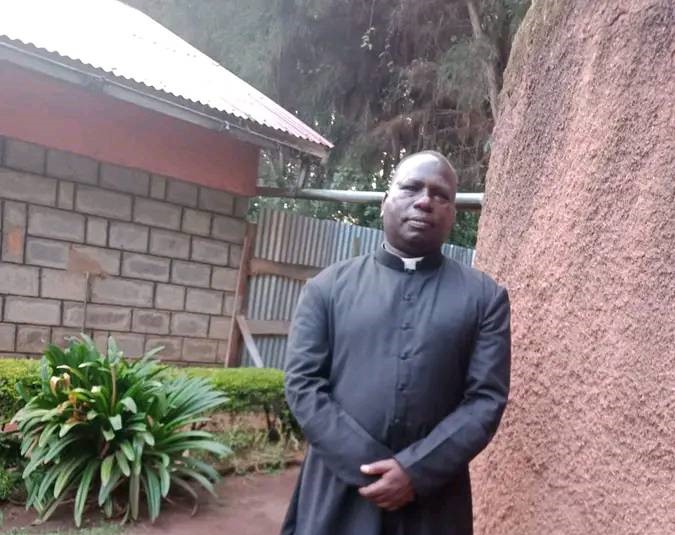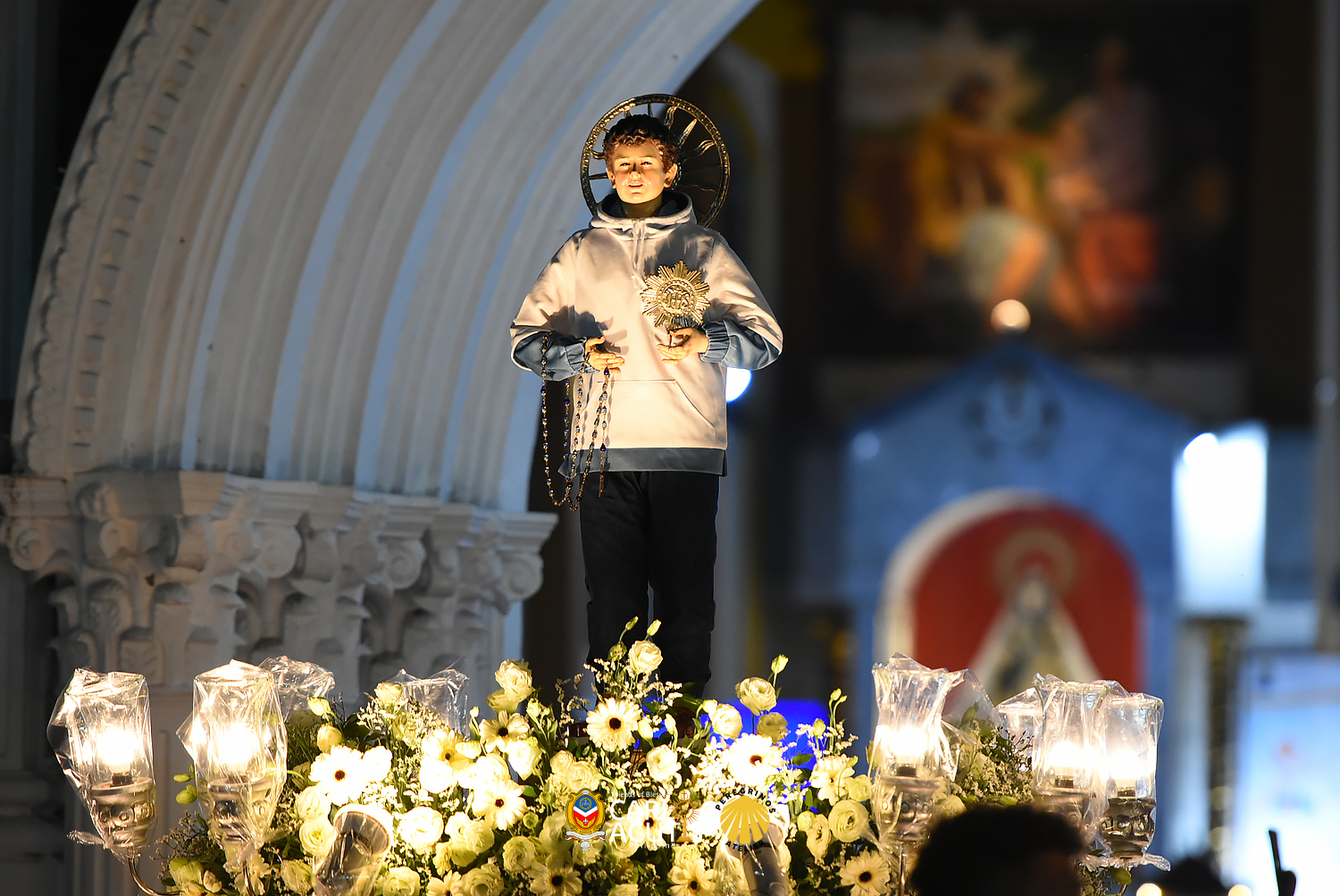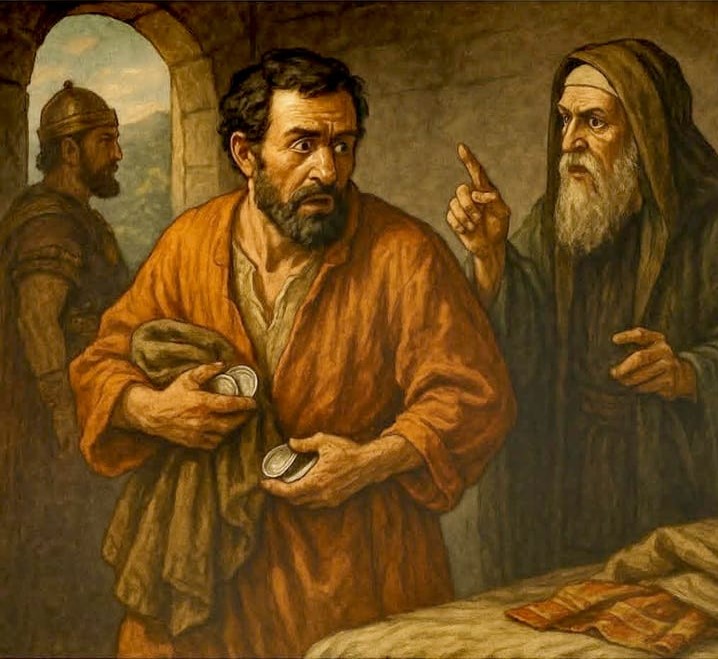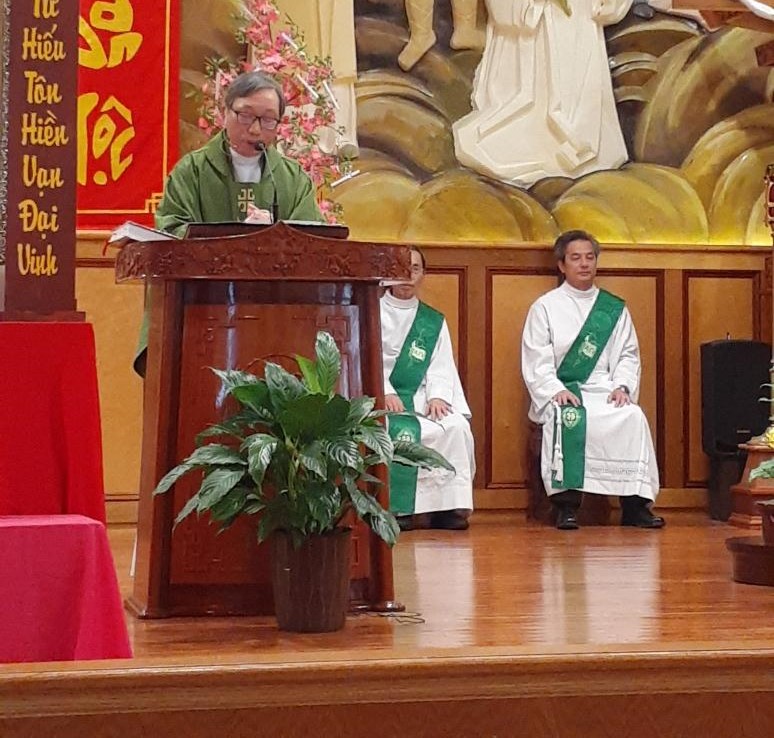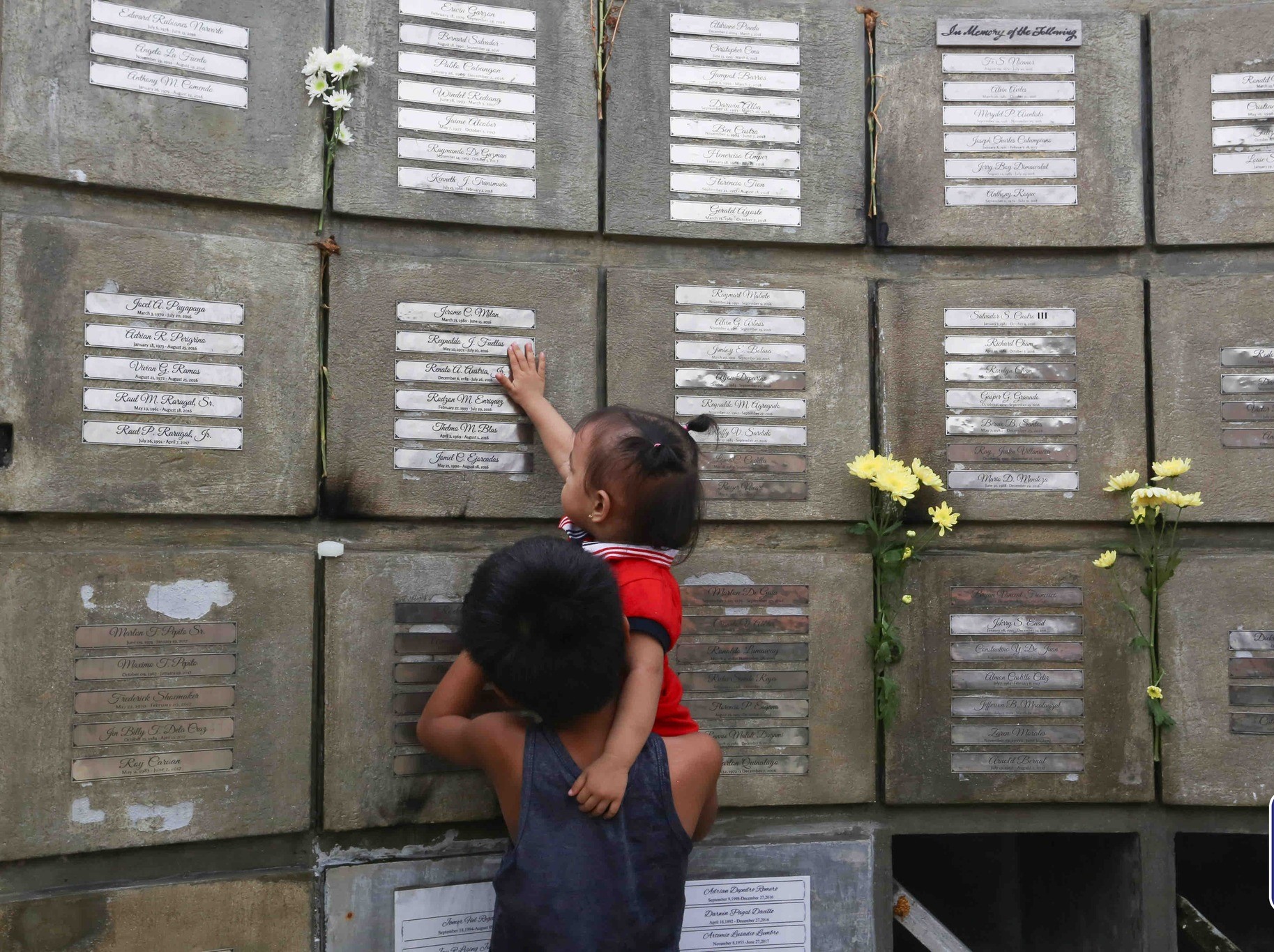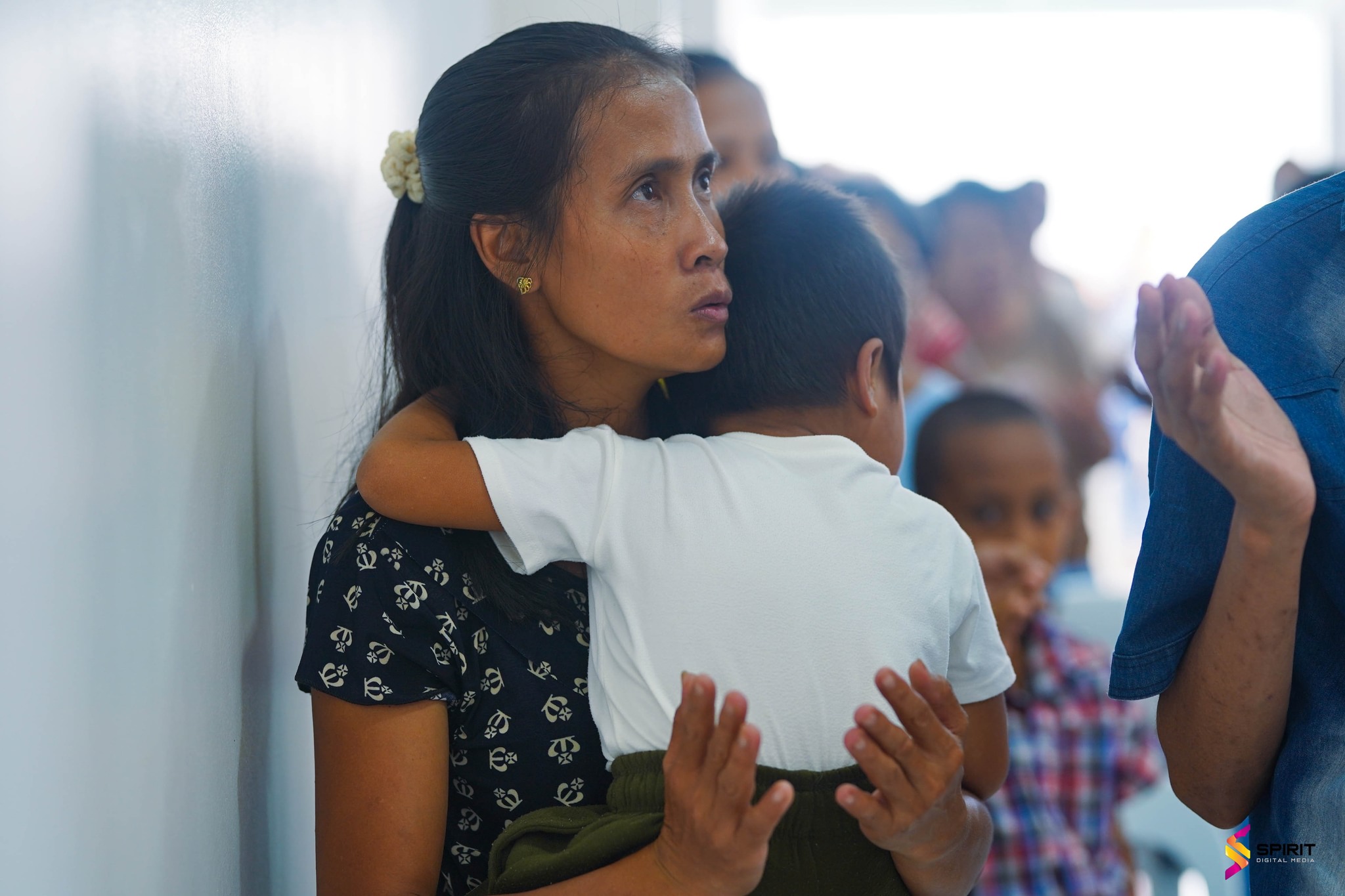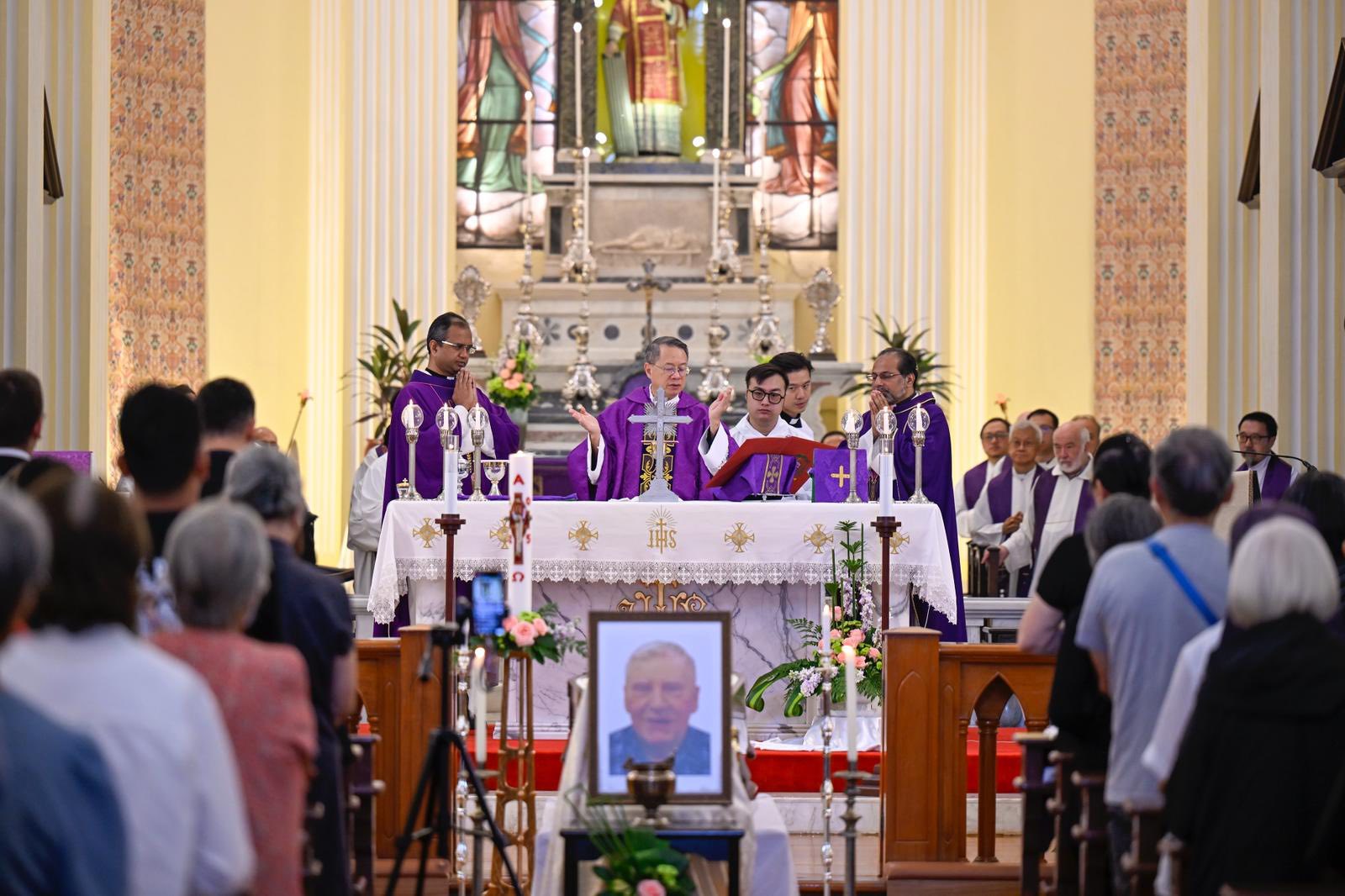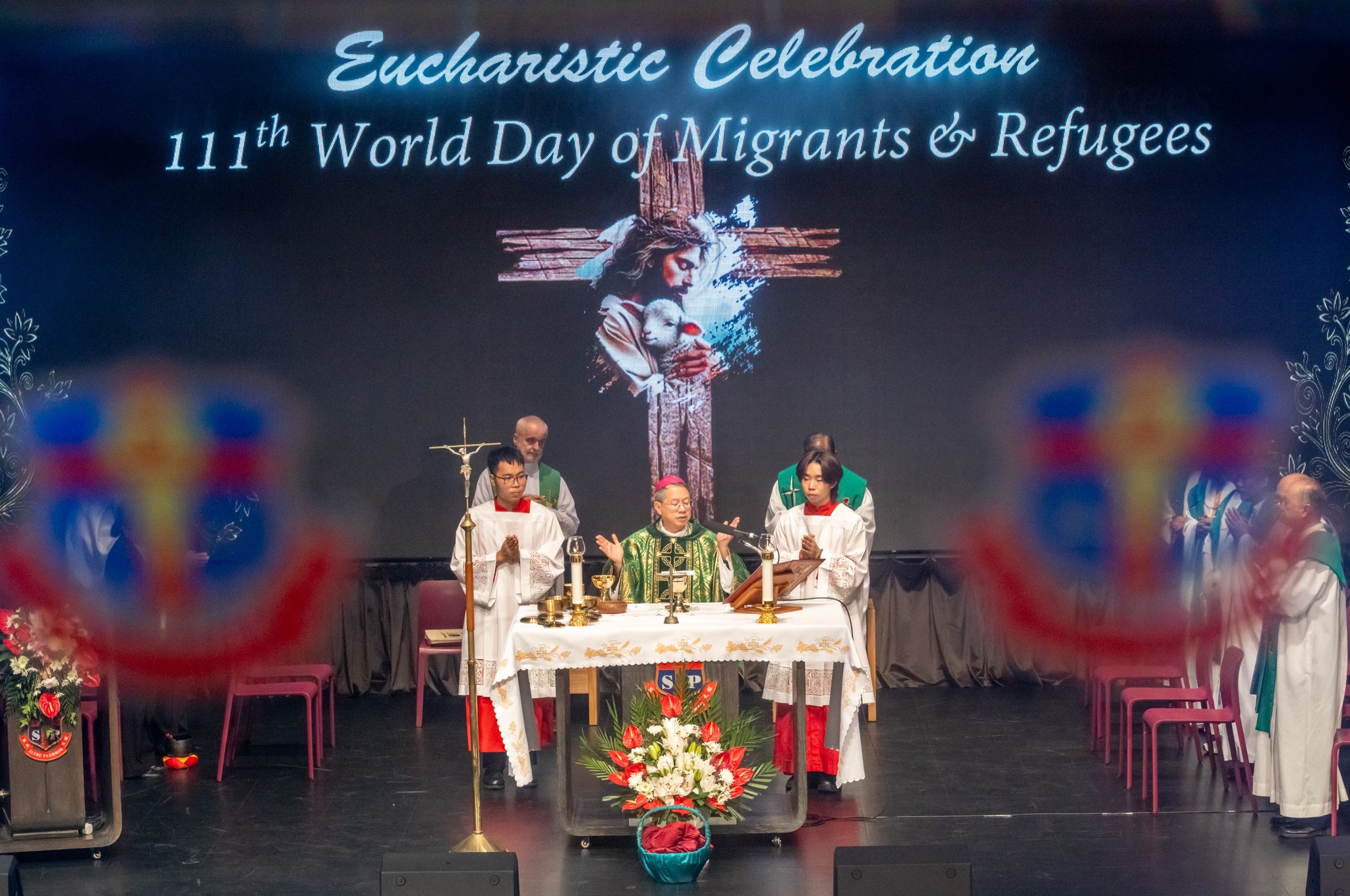After Sunday Mass on October 26th, Father Ambrose Kimutai, parish priest of the church in Ndaraweta, Bomet County, in the Western Rift Valley, once again drew attention to the exploitation suffered by small tea producers, whose wealth inevitably ends up in the hands of corrupt officials. With this appeal, Father Ambrose is giving voice to the “small tea producers of Bomet, Kericho, and Nandi counties.” They are the ones who produce the enormous quantities of tea from which Kenya reaps huge profits through its export, which, in theory, allows it to pay the salaries of civil servants, teachers, and other employees. However, “and unfortunately,” the very system created by the government is destroying small farmers, imposing structures that exploit them and prevent them from obtaining sufficient income. Father Ambrose refers to the Kenya Tea Development Agency (KTDA), a state agency founded in 1964 with the intention of helping local farmers improve their production and which buys a large portion of the tea grown in the Rift Valley region.
